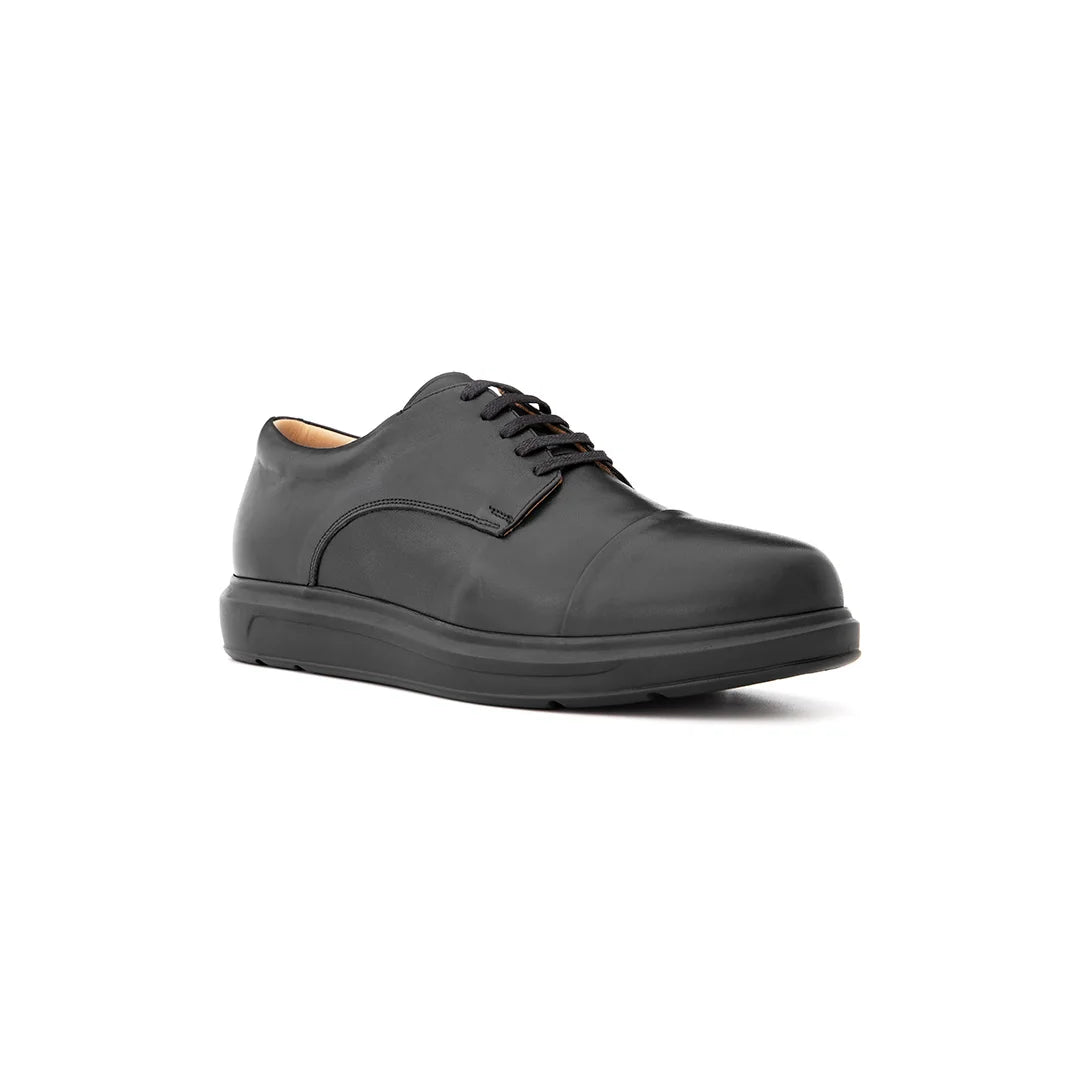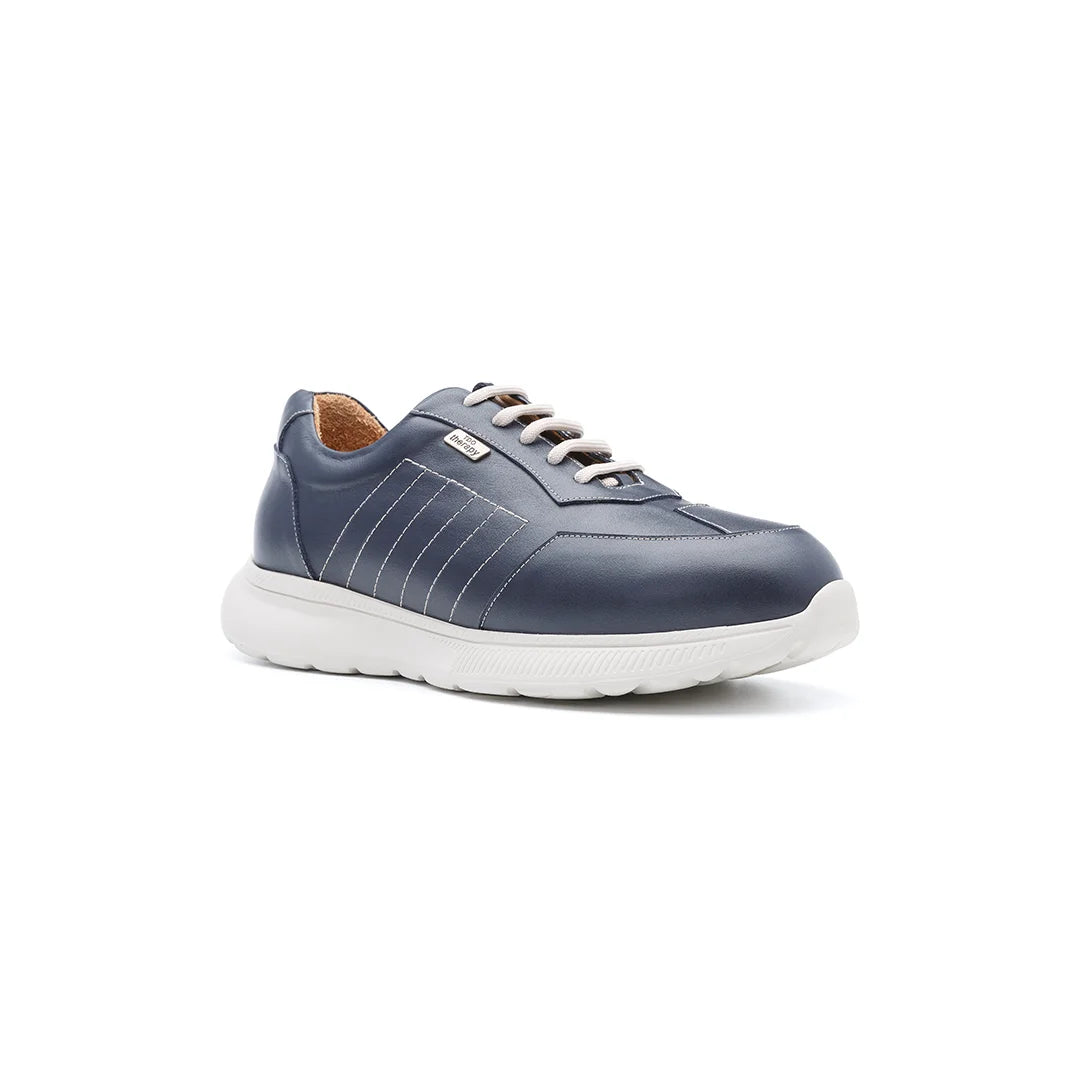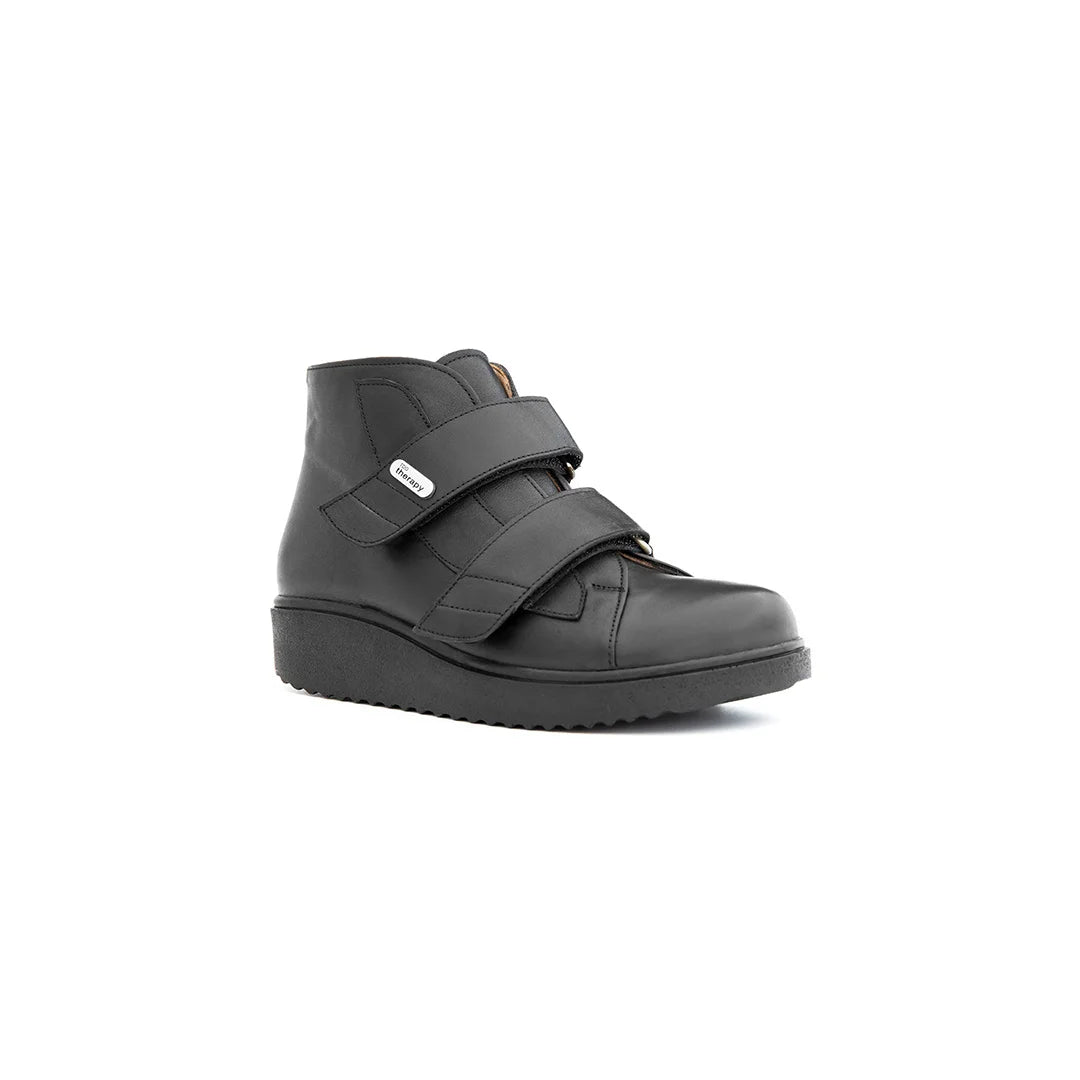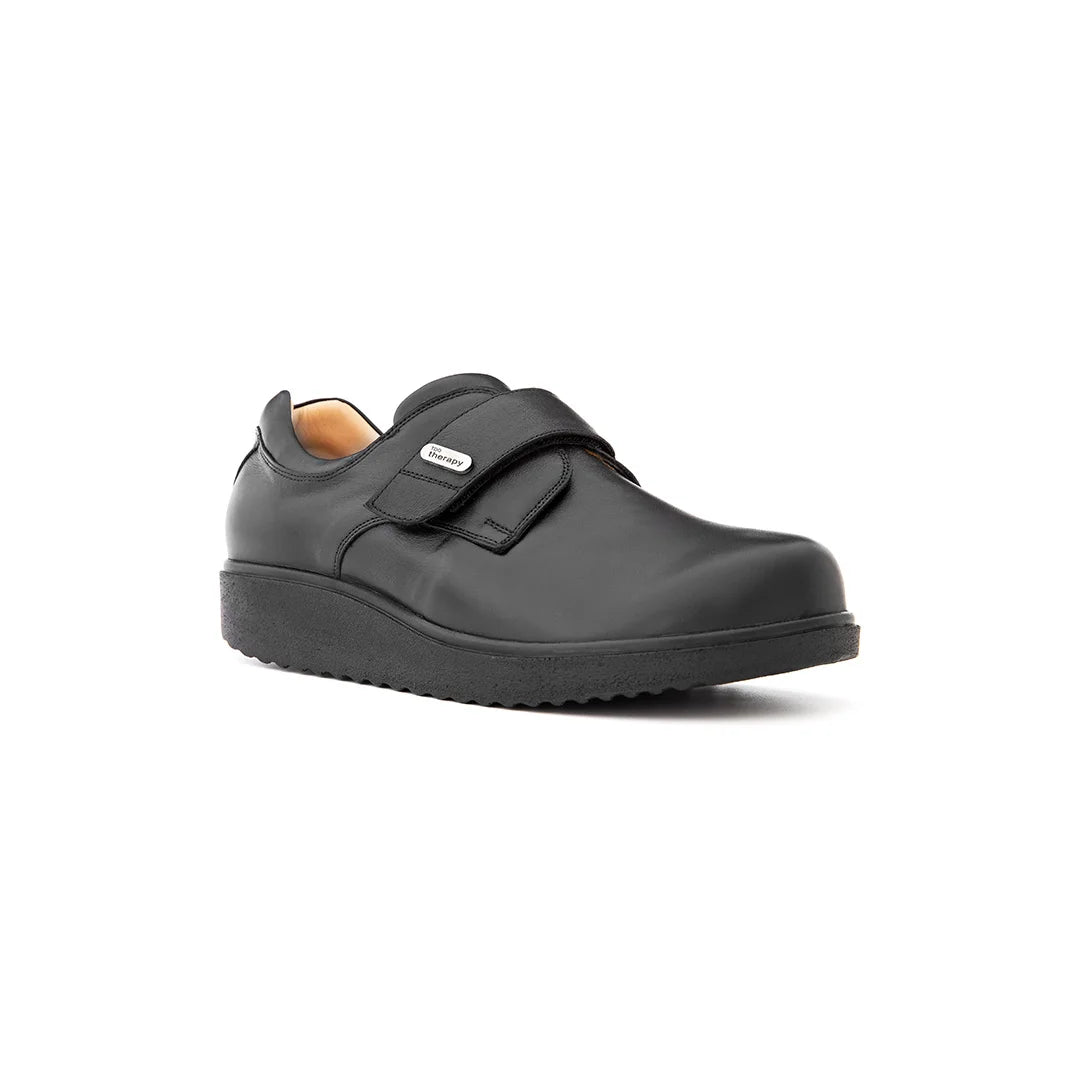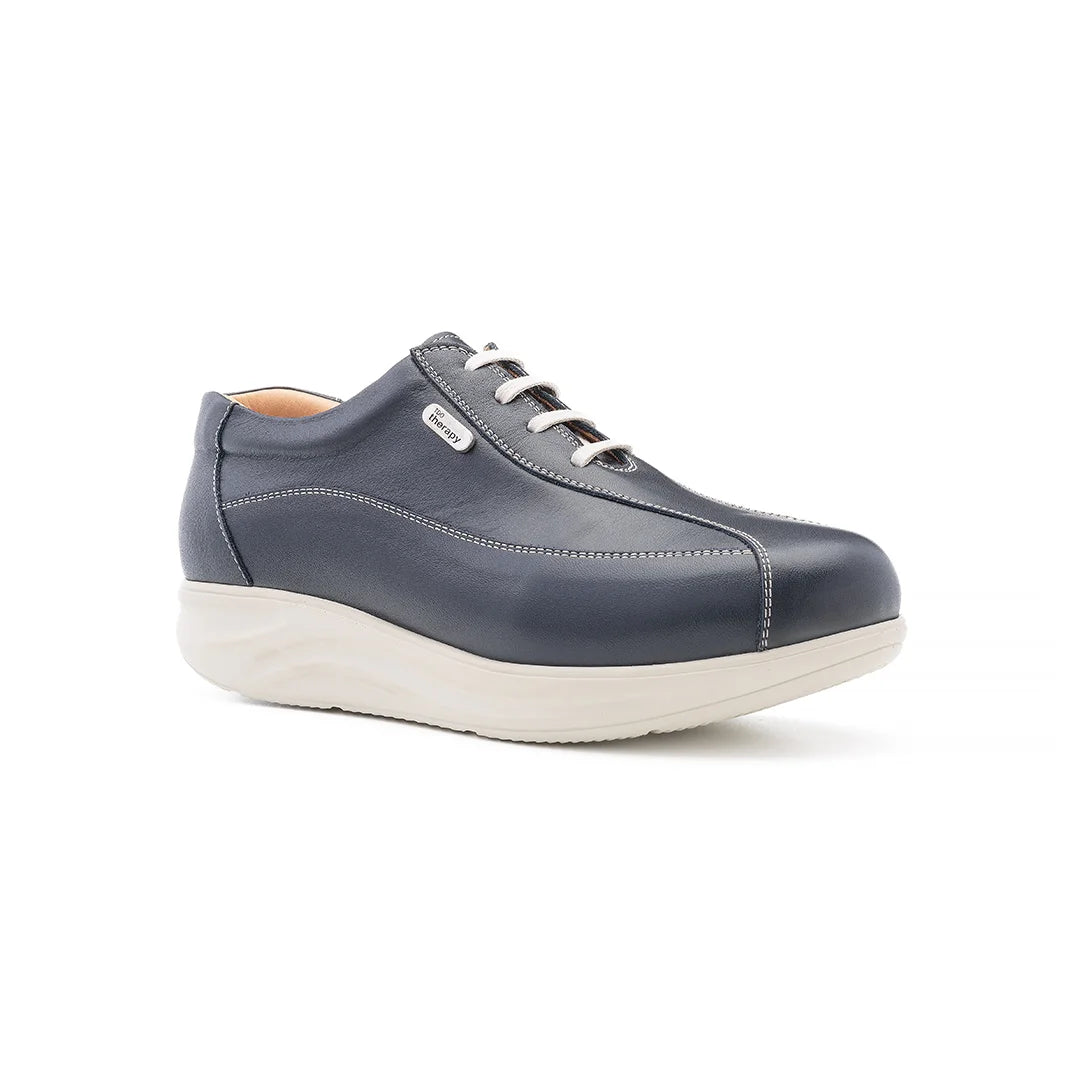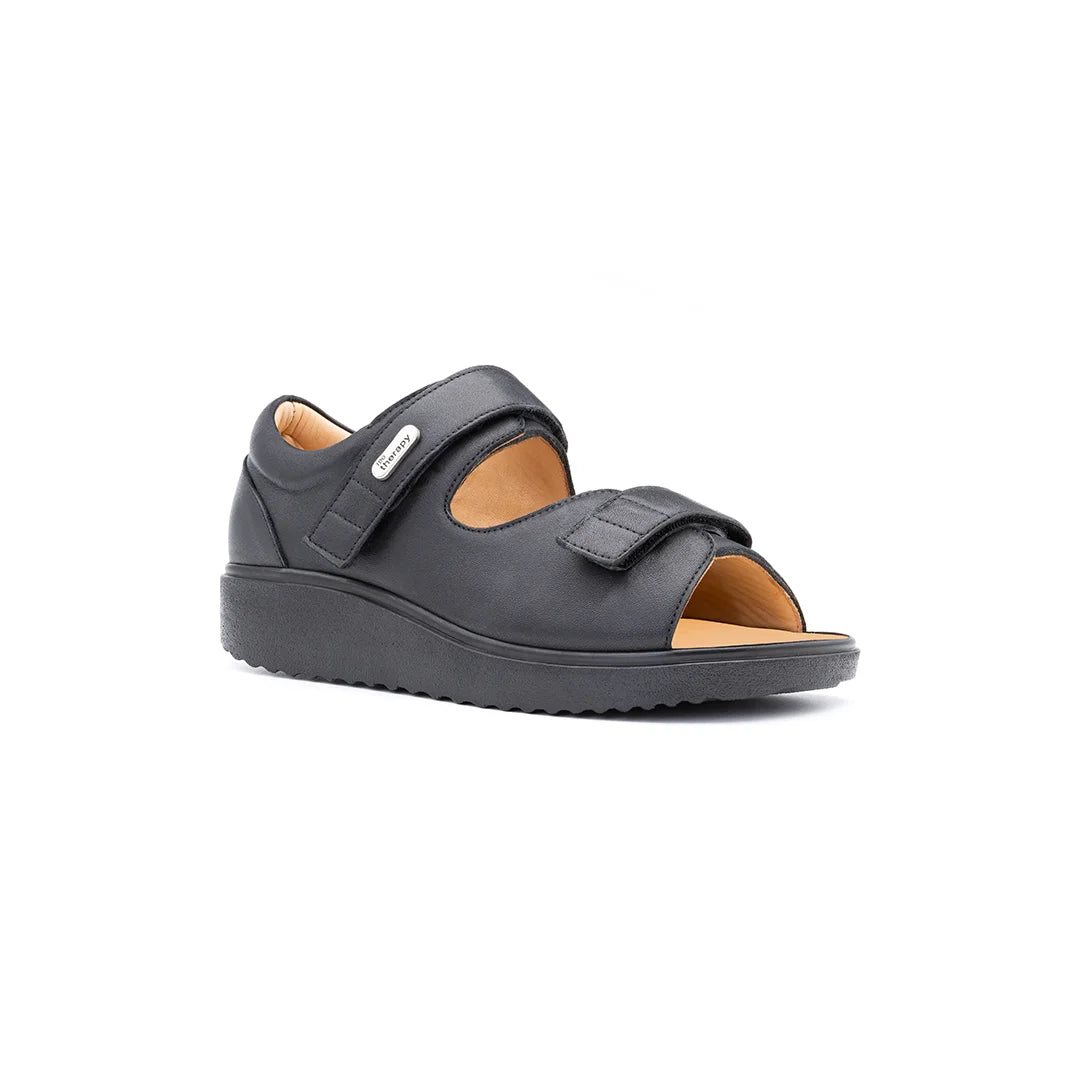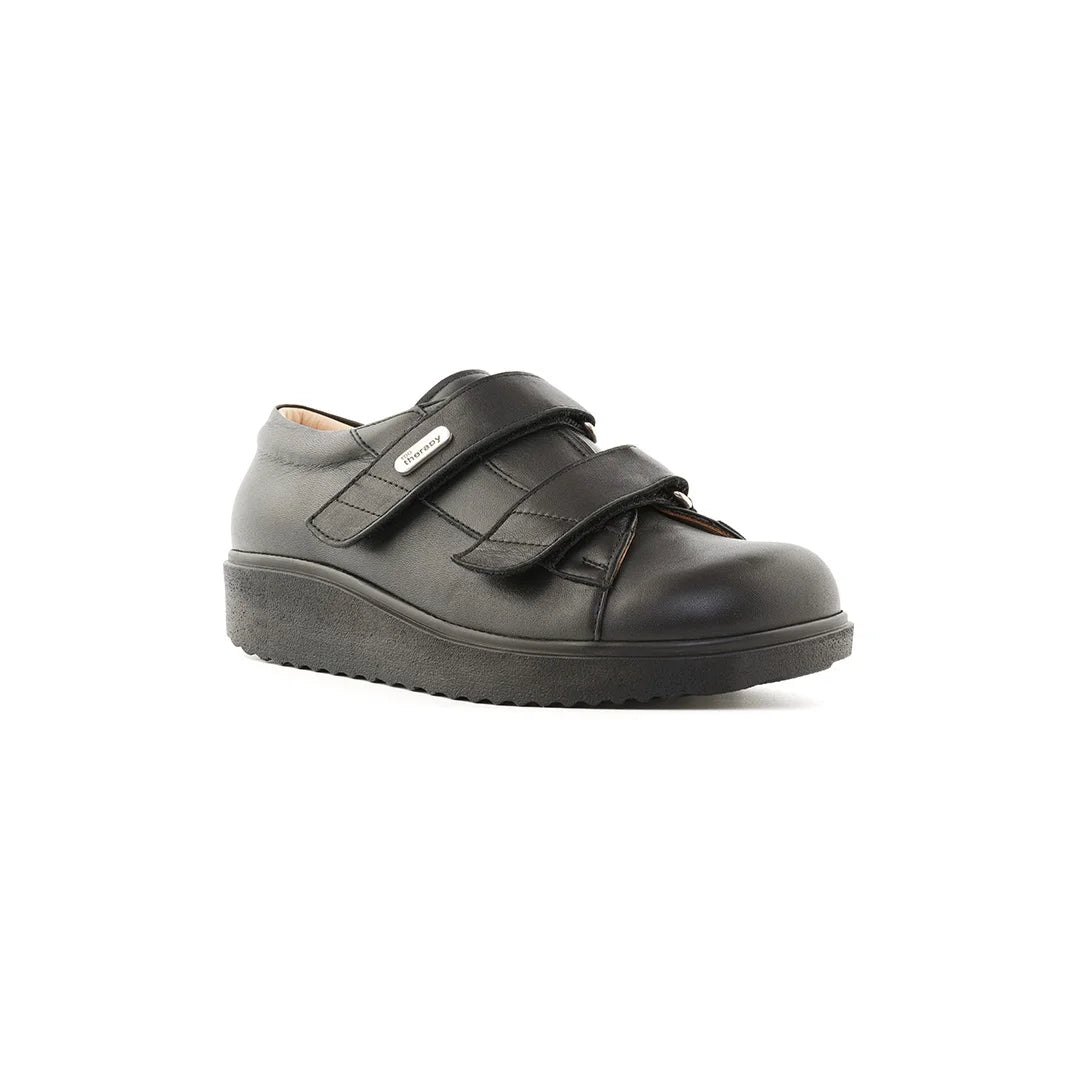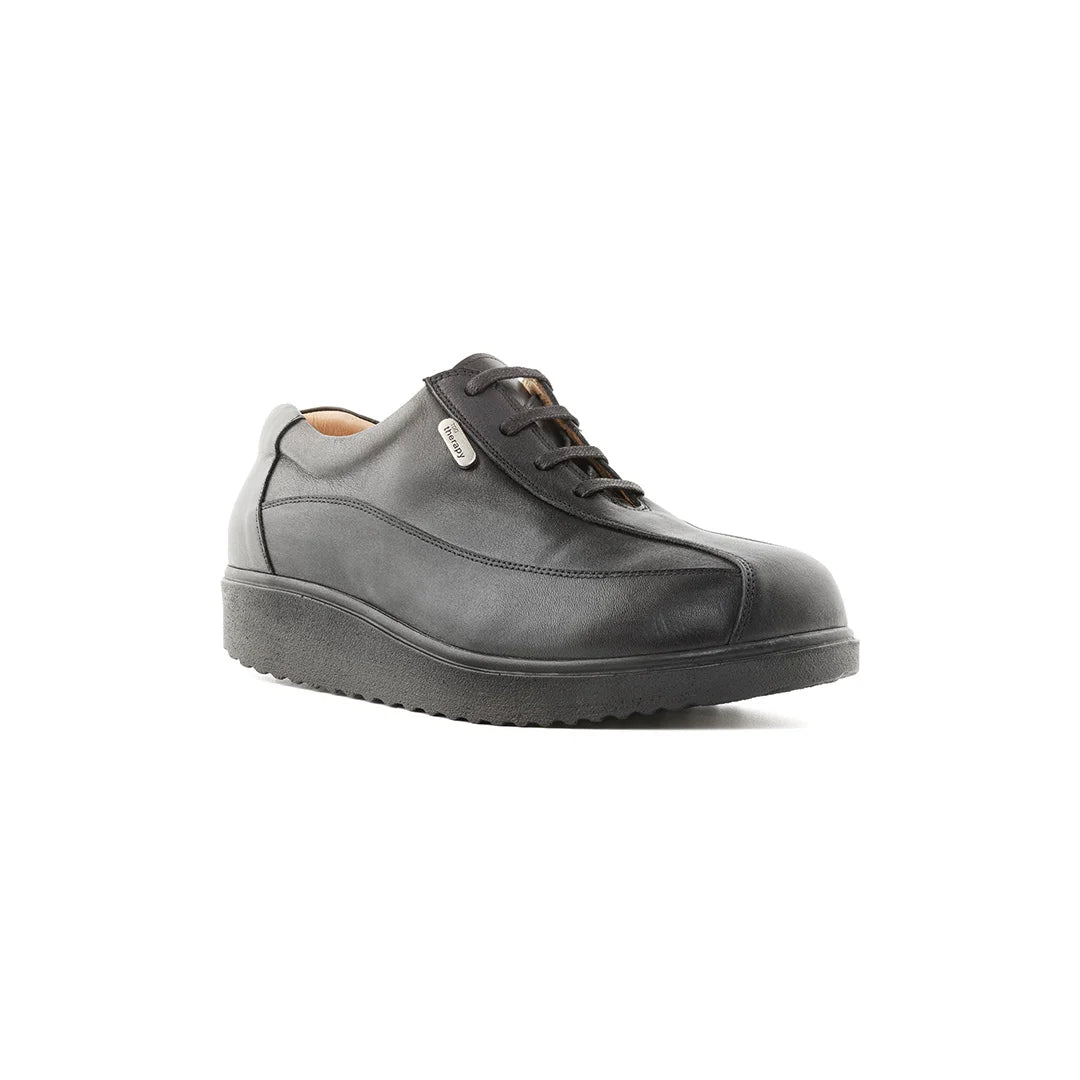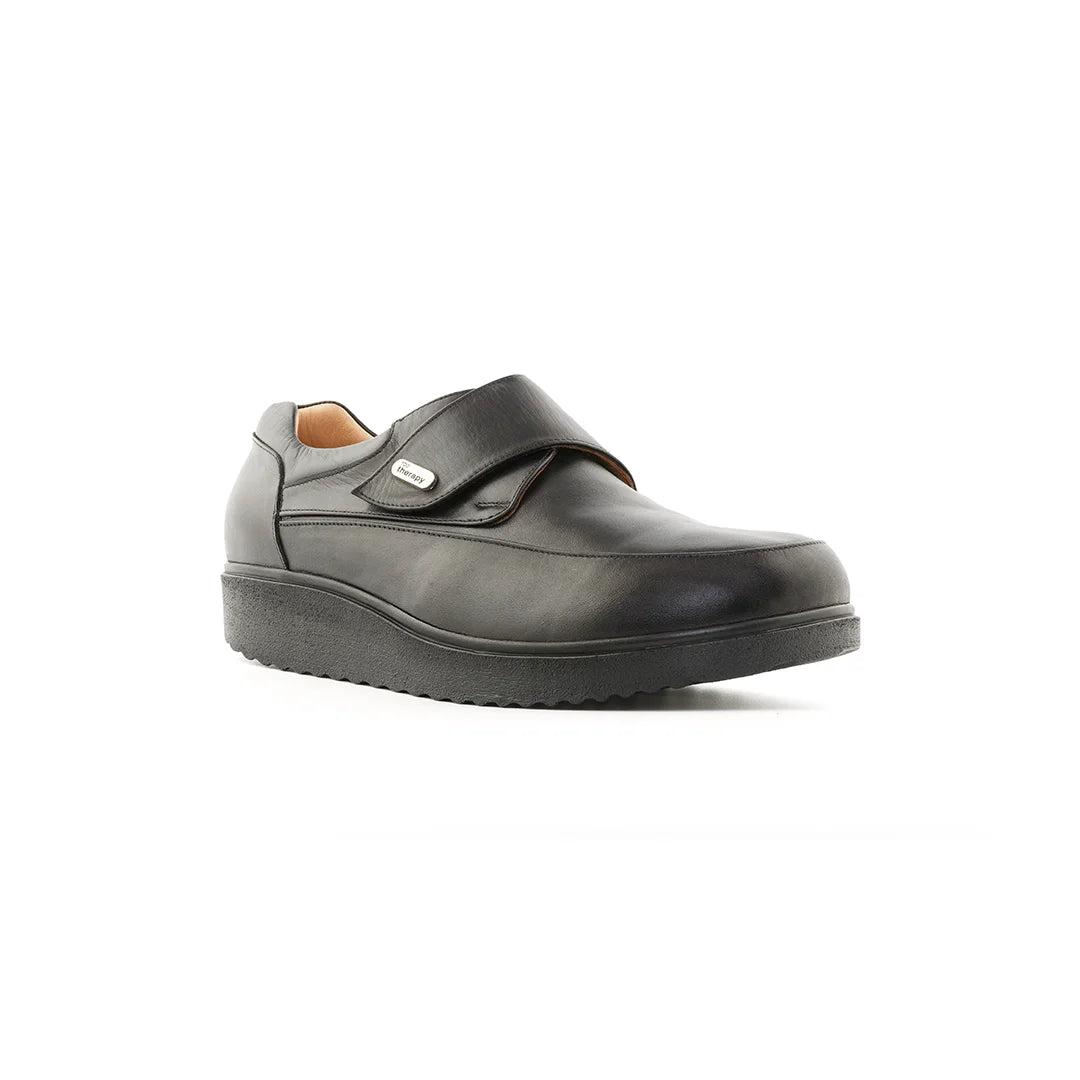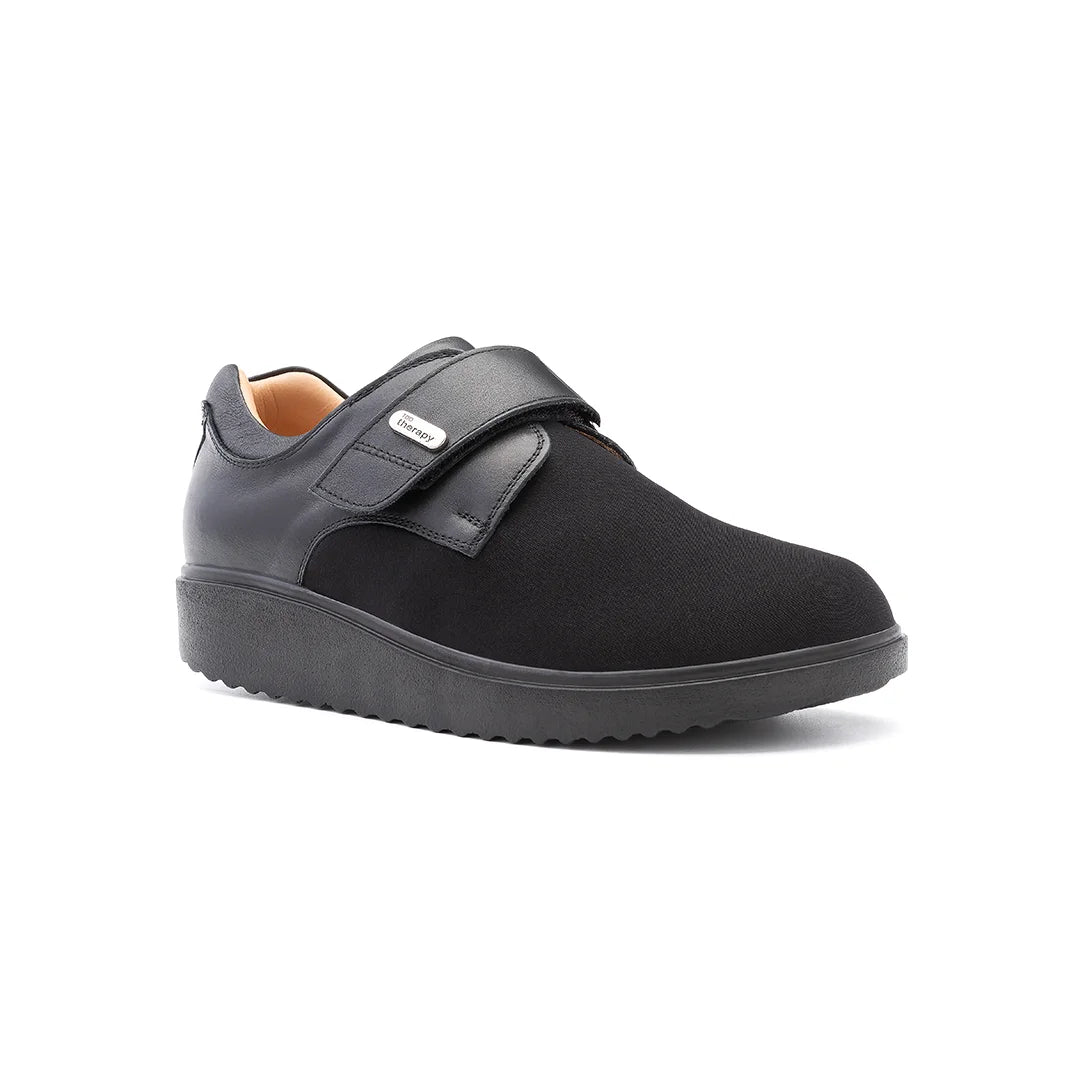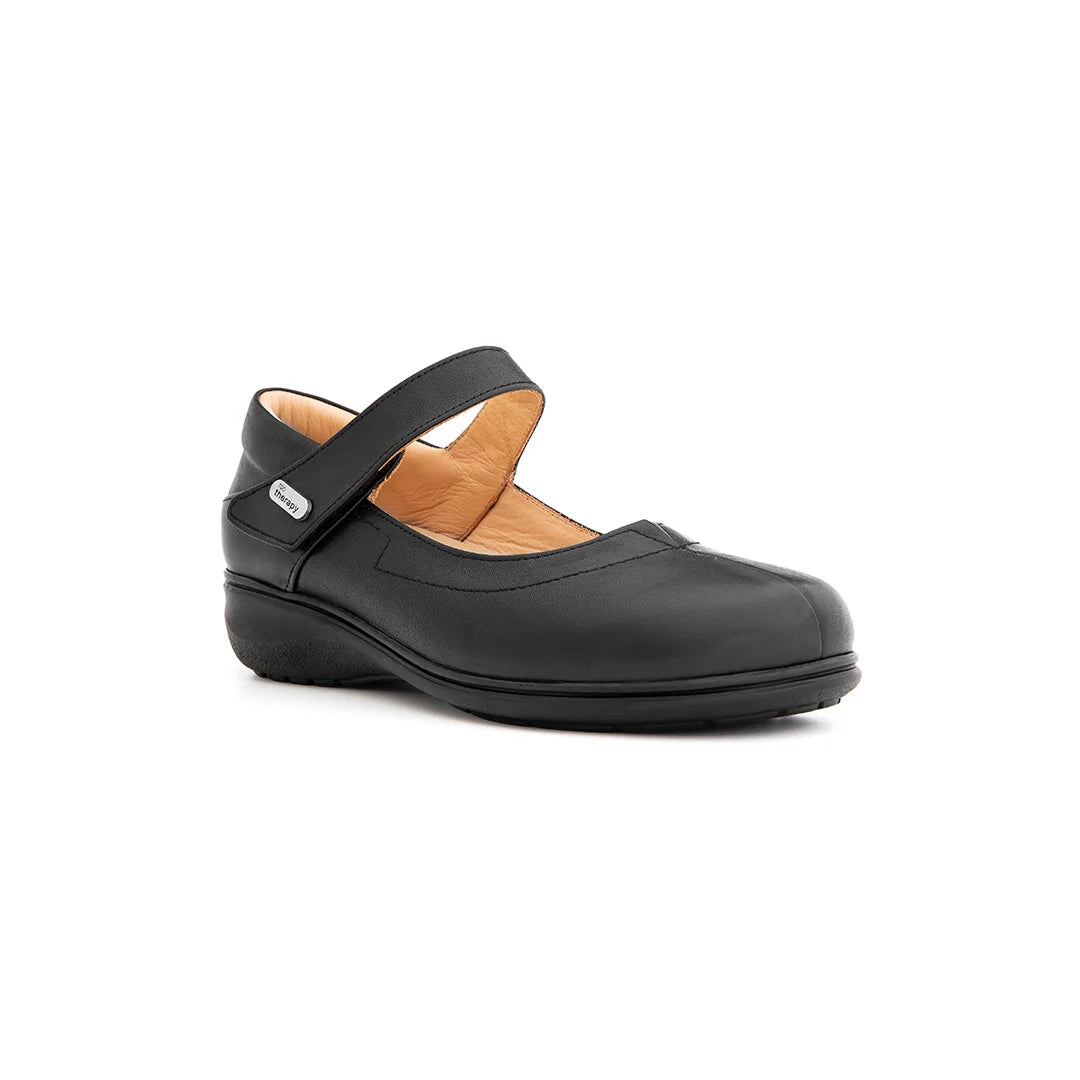Living with diabetes often means dealing with foot problems—including swelling, sensitivity, and an increased risk of injury. For many, wearing the wrong type of shoe can quickly lead to discomfort or even serious medical complications.
In this guide, we’ll explain what makes diabetic shoes different, why they’re essential for managing swollen feet, and what features to look for when choosing the right pair.
Why Do People with Diabetes Experience Swollen Feet?
Swollen feet are a common symptom for people with both type 1 and type 2 diabetes. This can be caused by:
-
Poor circulation, leading to fluid retention
-
Nerve damage (diabetic neuropathy) that affects blood flow
-
Kidney issues, which prevent proper fluid removal
-
Standing or sitting for long periods, especially without proper footwear
When swelling isn’t managed properly, it increases the risk of pressure points, skin breakdown, and diabetic ulcers—which can lead to infections and long healing times.

Why You Need Special Shoes for Diabetes and Swelling
Diabetic feet require extra care. Regular shoes are often too rigid, narrow, or poorly ventilated to provide the support and protection you need. That’s where orthopaedic diabetic shoes come in.
They’re specifically designed to:
-
Reduce pressure on the foot
-
Prevent friction and rubbing
-
Provide enough space for swelling or foot shape changes
-
Support natural foot alignment
And most importantly, they help prevent wounds, blisters, and injuries that could lead to further complications.
What to Look For in Diabetic Shoes for Swollen Feet
✅ Extra Depth and Width
Swollen feet need room to breathe. Choose shoes that are wider than average and offer deep interiors to avoid pressure on sensitive areas.
✅ Seamless Inner Lining
A soft, non-irritating lining helps prevent blisters, ulcers, or skin tears—especially if you have poor sensation due to neuropathy.
✅ Adjustable Closures
Velcro straps or elastic laces allow you to fine-tune the fit depending on how much your feet swell throughout the day.
✅ Shock-Absorbing Insoles
Built-in cushioning helps protect against pressure and supports joints, especially when walking or standing for long periods.
✅ Antibacterial and Breathable Materials
Natural leather, memory foam layers, and ventilation holes help regulate temperature and keep feet dry.
✅ Removable Insoles
Make space for custom orthotics or simply give your feet more room if swelling increases.
Best Time to Wear Diabetic Shoes
-
All day, every day—even at home
-
Especially when walking, standing, or travelling
-
During recovery from foot injuries or ulcers
-
When feet are swollen or painful due to heat, poor circulation, or long periods of inactivity
Never walk barefoot if you have diabetes, even indoors. A good pair of medical shoes provides protection and stability that socks or slippers simply can’t offer.
How TDO Therapy Footwear Helps
TDO Therapy shoes are designed with swelling, diabetic care, and orthopaedic structure in mind. Every pair is:
-
Handmade using 100% natural calf leather
-
Fitted with a seamless, cushioned interior
-
Equipped with a removable insole system and adjustable Velcro straps
-
Classified as Class 1 Medical Devices, trusted by podiatrists and clinics in the UK
We combine function and comfort—because you shouldn't have to sacrifice style for safety.
Choosing the Right Pair
When buying diabetic shoes for swollen feet:
-
Measure your feet in the afternoon or evening
-
Always try on both shoes (one foot is often larger)
-
Look for labels like orthopaedic, diabetic-friendly, or extra-wide fit
If you're unsure which option is best for you, consult your podiatrist or reach out to our customer care team for guidance.
Ready to Protect Your Feet?
Don’t wait for problems to appear. Wearing the right shoes today can help you avoid pain, injury, or worse tomorrow.
👉 Browse Diabetic Shoes for Swollen Feet




